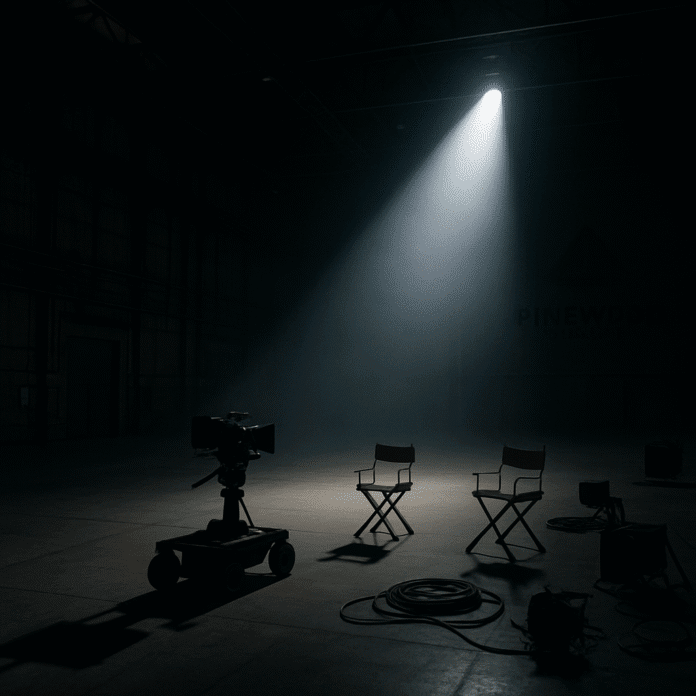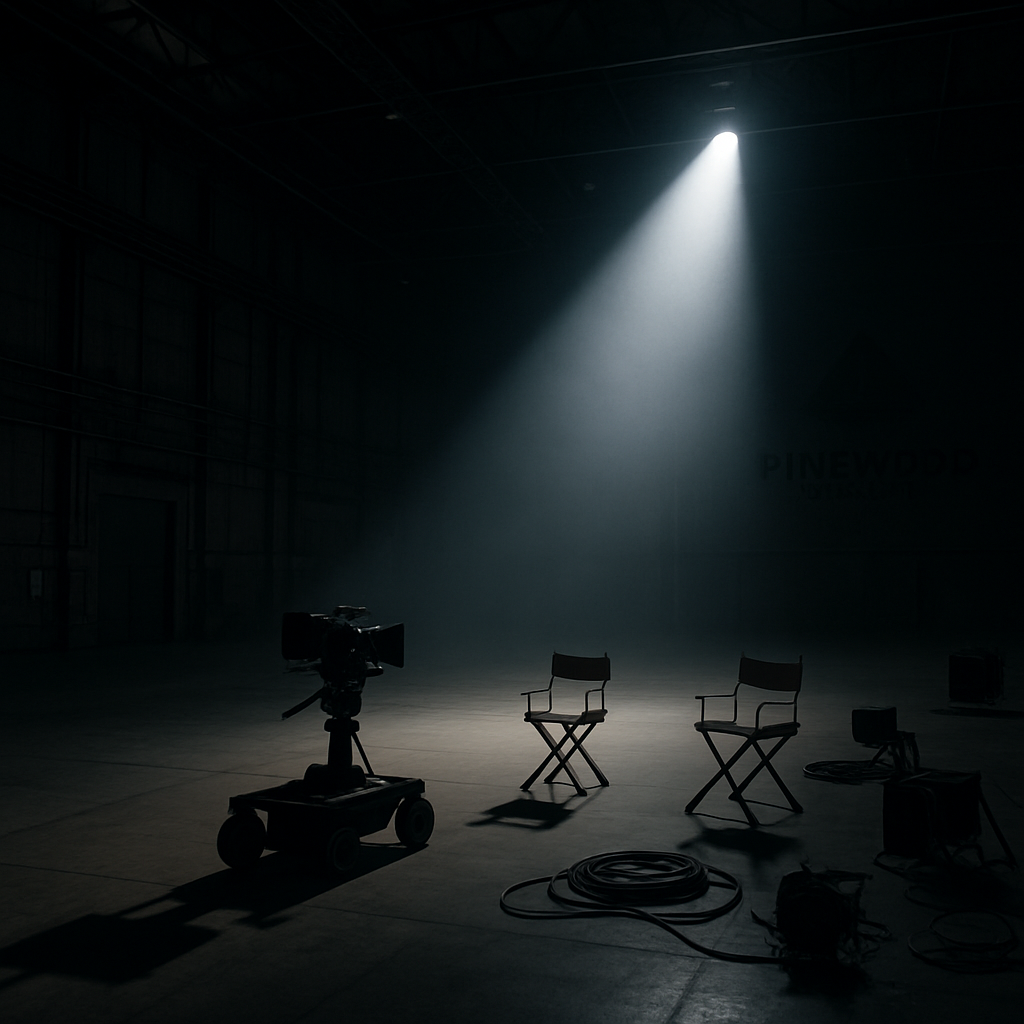The Looming Threat to Britain’s Cinematic Success Story
The UK film industry faces an existential crisis following Donald Trump’s announcement of plans to impose a 100% tariff on all movies produced outside the United States. This dramatic policy shift, which the president described as addressing a “national security threat,” has sent shockwaves through Britain’s thriving film sector and raised serious concerns about the future of one of the UK’s most successful creative industries.
“The Movie Industry in America is DYING a very fast death,” Trump declared on his Truth Social platform, claiming other countries are luring filmmakers away with generous incentives. “This is a concerted effort by other Nations and, therefore, a National Security threat. It is, in addition to everything else, messaging and propaganda!”
The timing couldn’t be worse for the UK film sector, which has only recently begun recovering from the dual impacts of the COVID-19 pandemic and the 2023 Hollywood strikes.
The Economic Stakes for Britain’s Film Industry
The potential impact on the UK economy is substantial. According to the British Film Institute (BFI), film and high-end TV production spending in the UK reached £5.6 billion in 2024, a 31% increase from 2023 British Cinematographer. Of this total, inward investment films contributed £1.85 billion, representing 87% of total film spend.
Most critically, 65% of total UK production spend on film in 2024 came from five major US studios and three streaming platforms (Netflix, Apple, and Amazon) BFI. This dependency on American investment makes the UK particularly vulnerable to Trump’s proposed tariffs.
Philippa Childs, head of the Broadcasting, Entertainment, Communications and Theatre Union (BECTU), warned that the tariffs could deliver a “knock-out blow” to the UK film sector Sky News.
“The UK is a world leader in film and TV production, employing thousands of talented workers, and this is a key growth sector in the Government’s industrial strategy,” she said. “These tariffs, coming after COVID and the recent slowdown, could deal a knock-out blow to an industry that is only just recovering and will be really worrying news for tens of thousands of skilled freelancers who make films in the UK.”
Jobs at Risk and Industry Confusion
The UK film sector employs more than 195,000 people, according to government figures, and many of these jobs could be threatened by Trump’s tariff plan i News.
“Every film and TV show in all the London studios is backed by Hollywood money,” an industry insider told i News. “It’s less so in the regions and nations, but they would not be immune from this.”
The announcement has created widespread confusion across the industry. It remains unclear how the tariffs would be applied to international productions that film in multiple countries, such as the upcoming “Mission: Impossible – The Final Reckoning,” or to films on streaming platforms.
“It’s insane,” a veteran UK producer told Deadline. “So U.S. companies can only make U.S. films? James Cameron can’t make Avatar overseas? Who pays the tariffs? Leading independent distributors would all be out of business if it’s them.”
Hollywood’s UK Connection
The potential impact is particularly significant given how many major Hollywood productions are filmed in the UK. Recent blockbusters shot at British studios include:
- “Wicked” (Elstree Studios)
- “Barbie” (Warner Bros Leavesden studios)
- “Wonka” (Warner Bros Leavesden studios)
- “The Batman” (Warner Bros Leavesden studios)
- “Jurassic World: Dominion”
- “Mission Impossible: Dead Reckoning Part One”
- “Gladiator II”
Currently, major productions like “Avengers: Doomsday” and “Enola Holmes 3” are shooting in UK facilities, with US companies having spent close to £1.4 billion ($1.9 billion) making films in Britain last year Deadline.
Industry Response and Next Steps
British film bodies are planning urgent talks with the government to address the threat. The British Film Commission (BFC) and British Film Institute (BFI) have both announced plans to meet with ministers in the coming days.
Adrian Wootton, chief executive of the BFC, said: “While this announcement is clearly concerning, we need to understand the detail surrounding the proposed tariffs. We will be meeting with government and our industry policy group in the coming days to discuss further.”
Caroline Dinenage, chair of UK Parliament’s Culture, Media and Sport Committee, emphasized that the government must “urgently prioritize” the film industry as part of trade talks with Trump.
“Making it more difficult to make films in the UK is not in the interests of American businesses,” she said. “Their investment in facilities and talent in the UK, based on U.S.-owned IP, is showing fantastic returns on both sides of the Atlantic.”
The Bigger Picture
Trump’s tariff threat comes as part of his broader trade policy, which has already seen him impose steep taxes on goods from around the world, including a 145% tariff on Chinese products and a 10% baseline tariff on imports from other countries.
The film industry has been a rare bright spot in US trade. According to the Motion Picture Association, the industry has consistently generated trade surpluses for the United States, making the tariff threat particularly puzzling to many observers.
As the UK government navigates this challenge, the future of one of Britain’s most successful creative industries hangs in the balance. For the thousands of skilled workers who depend on international productions for their livelihoods, the coming weeks will be critical in determining whether the UK can maintain its position as a global filmmaking powerhouse.




